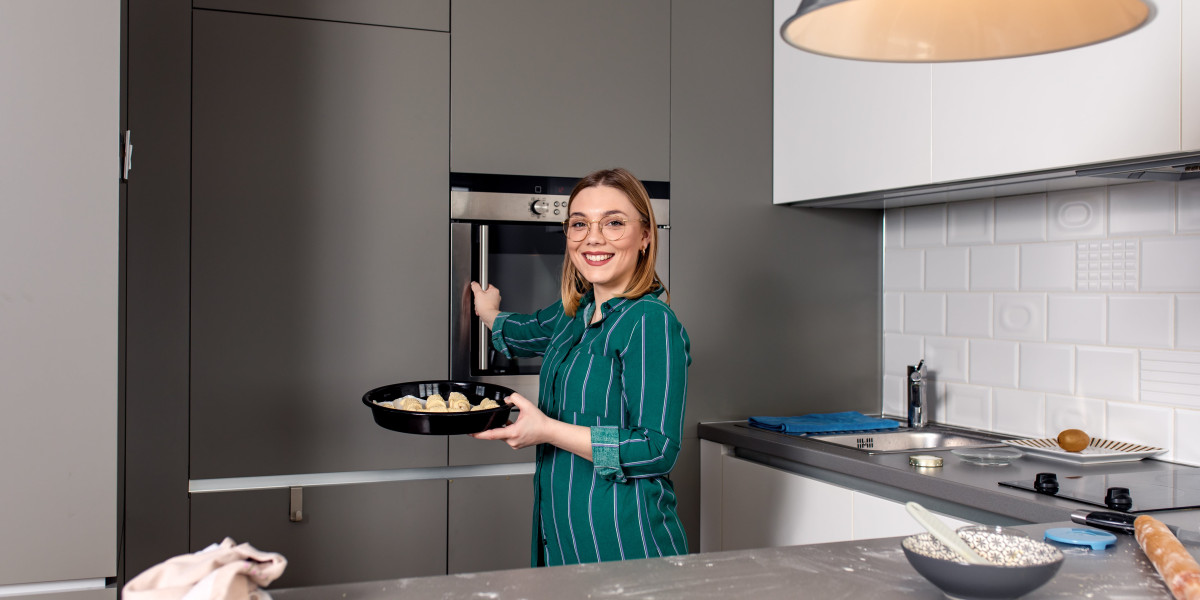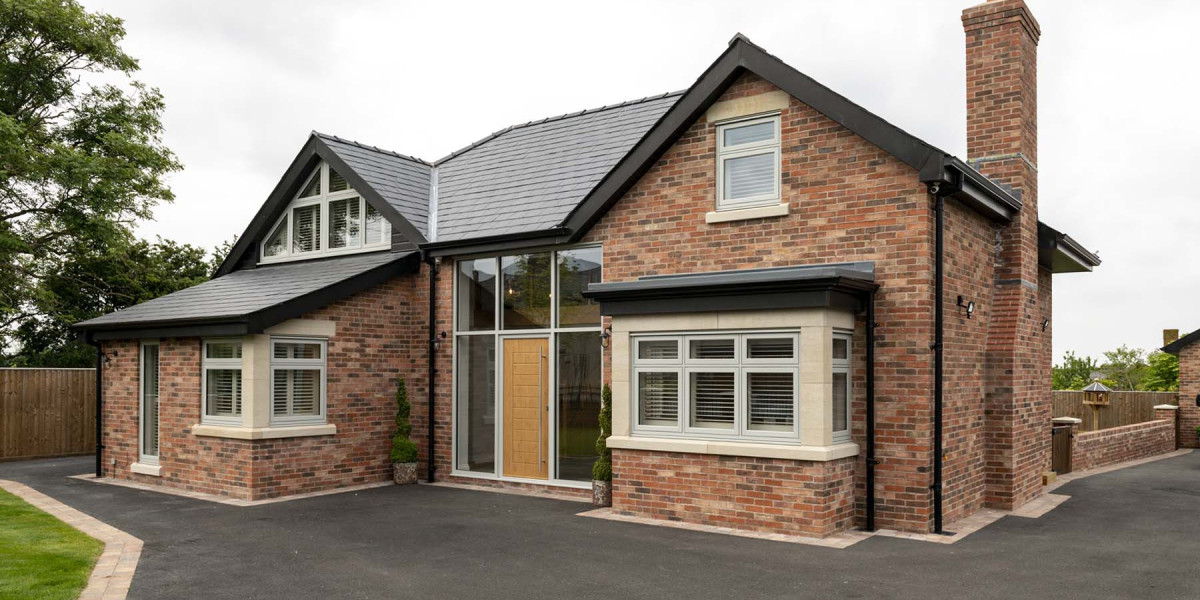The Integrated Cooker: A Comprehensive Guide to Modern Cooking Solutions
The evolution of kitchen appliances has actually changed cooking and cooking techniques, making meal preparation more effective and enjoyable. Among these developments, the integrated Intergrated Cooker stands apart as a flexible and space-saving addition to modern cooking areas. This post looks into the different elements of integrated cookers, including types, advantages, features, and a comparison with traditional cooking approaches.
What is an Integrated Cooker?
An integrated cooker is a compact cooking home appliance that integrates several cooking functions into one system. Often built into kitchen cabinetry, these cookers are designed to save area while enhancing kitchen aesthetics. They typically integrate a variety of performances, such as baking, barbecuing, steaming, and even pressure cooking.

Key Features of Integrated Cookers
- Multi-Functionality: Integrated cookers can perform numerous cooking tasks, getting rid of the need for multiple appliances.
- Space-Saving Design: These cookers fit effortlessly into kitchen systems, making them perfect for modern-day homes with limited area.
- Advanced Technology: Many integrated cookers come equipped with wise technology, such as programmable settings, touch-screen controls, and connectivity options.
- Energy Efficiency: Built with modern products and style, they often consume less energy compared to conventional cooking approaches.
Kinds Of Integrated Cookers
The market provides various types of integrated cookers, each with its unique set of features and functionalities. Here are the most common types:
| Type | Description | Example Use |
|---|---|---|
| Built-in Ovens | Ovens that are fitted into wall systems or kitchen cabinetry | Baking bread, roasting meats |
| Induction Hobs | Cooktops that utilize electro-magnetic energy to heat pots and pans | Rapidly boiling water, sautéing |
| Steam Ovens | Appliances that cook food utilizing steam for much healthier results | Steaming veggies, fish |
| Microwave Ovens | Integrated microwaves for fast heating and cooking | Reheating leftovers, making popcorn |
| Mix Ovens | A mix of conventional and steam cooking innovations | Baking while guaranteeing wetness retention |
Benefits of Using Integrated Cookers
Integrated cookers supply a host of benefits over conventional cooking tools. Below are a few of the essential benefits:
- Space Efficiency: Ideal for compact cooking areas, integrated cookers utilize vertical spaces effectively.
- Structured Cooking Process: With multiple functions readily available, users can shift from one cooking method to another with very little effort.
- Enhanced Aesthetics: Many integrated cookers come in streamlined styles that mix well with modern kitchen decoration.
- Improved Cooking Control: Programmable functions allow for precise cooking, making sure better meal results.
Integrated Cookers vs. Traditional Cooking Appliances
When thinking about meal preparation choices, it is vital to weigh the benefits of integrated cookers versus standard cooking appliances. Below is a comparison chart:
| Feature | Integrated Cooker | Traditional Appliances |
|---|---|---|
| Area Efficiency | High | Lower |
| Multi-Functionality | Yes | No (requires numerous appliances) |
| Energy Consumption | Often lower | Can be higher |
| Cooking Speed | Faster (especially with induction) | Varies |
| Style | Modern and smooth | Differs commonly |
The integrated cooker is a forward-thinking home appliance that satisfies the needs of today's busy way of life. Its multiplicity of functions, space-saving style, and sleek looks make it a worthwhile financial investment for any modern kitchen.
For those looking to save time, space, and effort in meal preparation, integrated cookers offer an outstanding solution that improves the cooking experience while delivering yummy, well-prepared meals.
Often Asked Questions (FAQs)
1. What is the average cost of an integrated cooker?
The price of integrated cookers can vary extensively, usually varying from ₤ 500 to ₤ 3,000 depending upon features, brand name, and size.
2. How much upkeep do integrated cookers require?
Upkeep typically includes regular cleaning of surface areas and inspecting for any software application updates if they include clever innovation. It's suggested to follow the producer's guidelines.
3. Can I replace my existing oven with an integrated cooker?
Yes, integrated cookers can typically replace traditional ovens, however it is vital to talk to a professional to make sure compatibility with your kitchen layout.
4. Are integrated cookers hard to set up?
Setup can be simple for those with DIY experience. However, hiring a qualified specialist is recommended to guarantee correct setup.
5. Who benefits most from using an integrated cooker?
Households, time-pressed people, and those living in compact houses particularly take advantage of the multi-functionality and space-saving style of integrated cookers.
In this age of benefit and efficiency, integrated cookers are redefining how we approach food preparation. Whether you are a knowledgeable chef or a cooking amateur, integrating this effective appliance into your kitchen can considerably boost your culinary experience.


